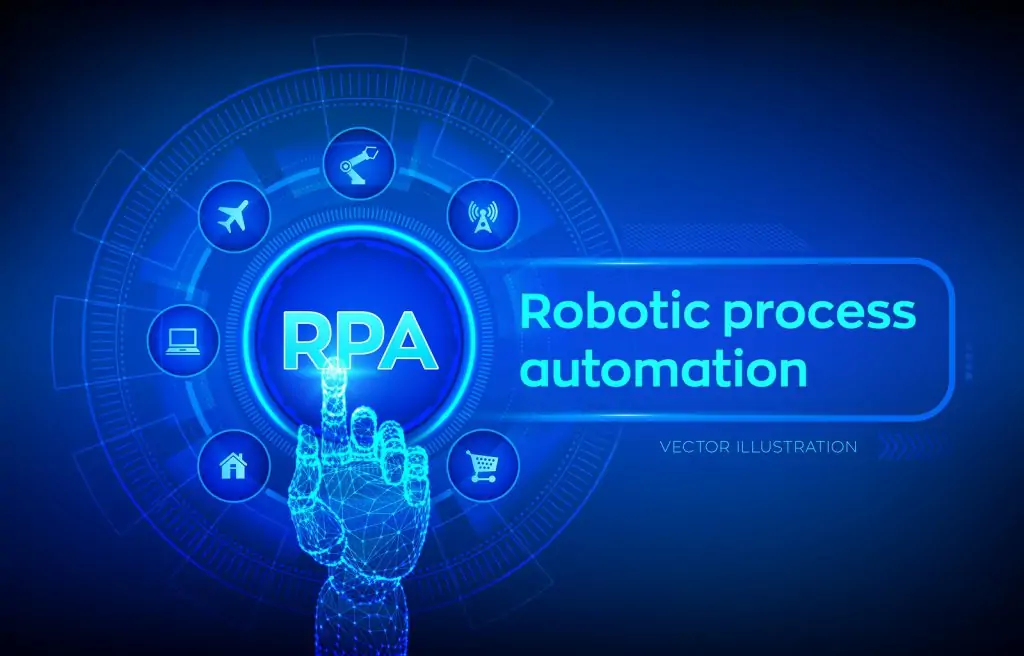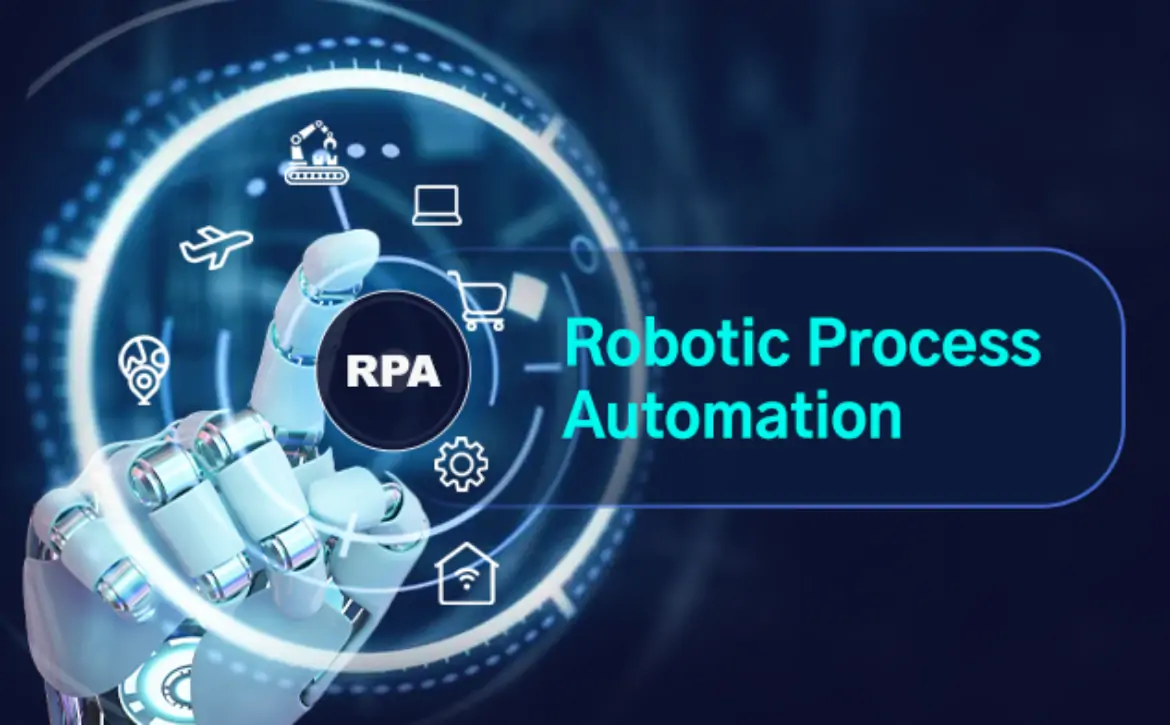The Transformative Power of Robotic Process Automation (RPA)
The impact of Robotic Process Automation (RPA) on advisory services, highlighting its applications, benefits, challenges, and the future landscape. RPA streamlines repetitive tasks, enhances efficiency, ensures accuracy, and contributes to cost savings. While challenges like implementation complexity and workforce transition exist, embracing RPA is crucial for future-ready advisory practices.
Understanding Robotic Process Automation (RPA):
At its essence, RPA involves the use of software robots or “bots” to automate repetitive, rule-based tasks within business processes. These bots are designed to mimic human interactions with digital systems, operating across various applications just as a human employee would.
“Robotic Process Automation stands as a powerful ally for advisory services seeking to navigate the complexities of the modern business landscape.”
-Albert Harry
In the ever-evolving landscape of advisory services, the integration of technology plays a pivotal role. One such technological advancement making waves is Robotic Process Automation (RPA). This article explores the transformative impact of RPA on advisory practices, delving into its applications, benefits, challenges, and the future landscape it promises.

Applications in Advisory Services:
- Data Entry and Processing: RPA excels in handling voluminous data entry and processing tasks. For advisory services, this means a reduction in manual data input errors and a significant increase in processing speed.
- Compliance and Reporting: Ensuring compliance with regulations and generating accurate reports are critical aspects of advisory. RPA can navigate through complex regulatory frameworks, ensuring that processes adhere to standards and generating precise reports with minimal errors.
- Customer Onboarding: Streamlining the onboarding process for clients is crucial in advisory. RPA facilitates the automation of repetitive onboarding tasks, allowing advisory teams to focus on building meaningful client relationships.
- Workflow Automation: RPA can be applied to automate entire workflows. This includes the seamless integration of different software applications, ensuring a smooth and efficient advisory process.
Benefits of RPA in Advisory:
- Enhanced Efficiency: Robotic Process Automation (RPA) eliminates the need for manual intervention in repetitive tasks, leading to increased operational efficiency. Advisory teams can redirect their efforts toward higher-value tasks that require human judgment and creativity.
- Accuracy and Compliance: Bots follow predefined rules meticulously, reducing the likelihood of errors in tasks such as compliance checks and data processing. This ensures that advisory services maintain a high level of accuracy.
- Cost Savings: By automating time-consuming tasks, RPA contributes to significant cost savings. Advisory firms can optimize resource allocation and achieve a higher return on investment.
- Scalability: RPA is easily scalable, allowing advisory services to adapt to changing workloads and business demands. Whether handling a small set of tasks or scaling up to more extensive processes, RPA offers flexibility.

Challenges to Navigate:
- Implementation Complexity: Introducing Robotic Process Automation (RPA) into existing advisory frameworks can be complex. It requires thorough planning, collaboration with IT teams, and a comprehensive understanding of the processes being automated.
- Human Workforce Transition: As automation takes over certain tasks, there’s a need for a smooth transition for the human workforce. This involves upskilling employees to focus on tasks that require emotional intelligence, critical thinking, and complex problem-solving.
- Integration with Legacy Systems: Many advisory firms still operate with legacy systems. Integrating RPA with these systems can pose challenges, necessitating careful consideration and potentially additional investments in system upgrades.
The Future Landscape of RPA in Advisory:
As technology continues to advance, the role of RPA in advisory services is poised to evolve. The future landscape envisions more intelligent bots, capable of handling increasingly complex tasks. Machine learning and artificial intelligence will likely be integrated, enabling bots to adapt and learn from new situations.
Embracing RPA for Future-Ready Advisory:
RPA’s transformative applications extend across various facets of advisory services. From automating routine tasks to streamlining complex processes, RPA proves instrumental in enhancing operational efficiency. The precision and reliability it brings to data processing and analysis ensure that advisory professionals can focus on strategic, high-value tasks, fostering a more insightful and client-responsive approach.
The benefits of Robotic Process Automation (RPA) are not confined to efficiency gains alone; they ripple across the entire spectrum of advisory functions. Cost savings, a natural byproduct of streamlined processes, and reduced errors contribute to a more sustainable and competitive advisory practice. Furthermore, the scalability of RPA allows advisory services to adapt dynamically to changing workloads, ensuring optimal resource utilization.
However, the adoption of Robotic Process Automation (RPA) is not without its challenges. The complexity of implementation and the need for a smooth transition for the existing workforce present hurdles that demand thoughtful consideration. Navigating these challenges requires strategic planning, comprehensive training programs, and a commitment to fostering a collaborative human-automation synergy. While the initial steps may seem daunting, the long-term benefits position RPA as a strategic imperative rather than a mere technological upgrade.
Embracing RPA is more than incorporating a new tool into the advisory toolkit; it signifies a fundamental shift in how businesses approach consultation. It is a strategic imperative for advisory practices aiming not just to keep pace but to stay ahead in a dynamic and client-driven business environment. The ability of RPA to handle repetitive tasks seamlessly allows human professionals to redirect their efforts toward strategic thinking, creative problem-solving, and client engagement.


